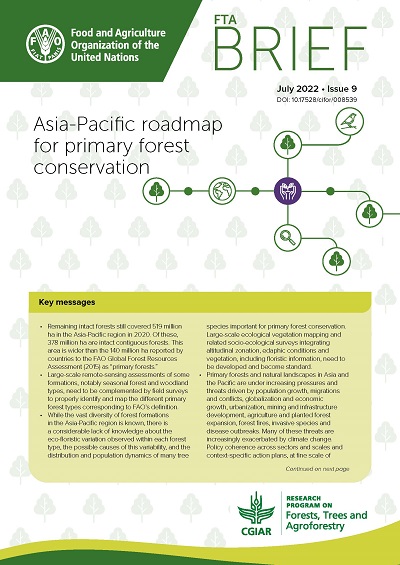Guidance note for peace-informed programming at the Green Climate Fund: Forest and Land Use
Land has historically been a focal point of conflict, especially in Fragile and Conflict-affected Settings (FCS), where disputes over forests and land use often intersect with broader socio-political dynamics, including unfair resource allocation, marginalization, and governance challenges. Factors such as climate change, population growth, and urbanization are anticipated to intensify these conflicts in the coming decades.




